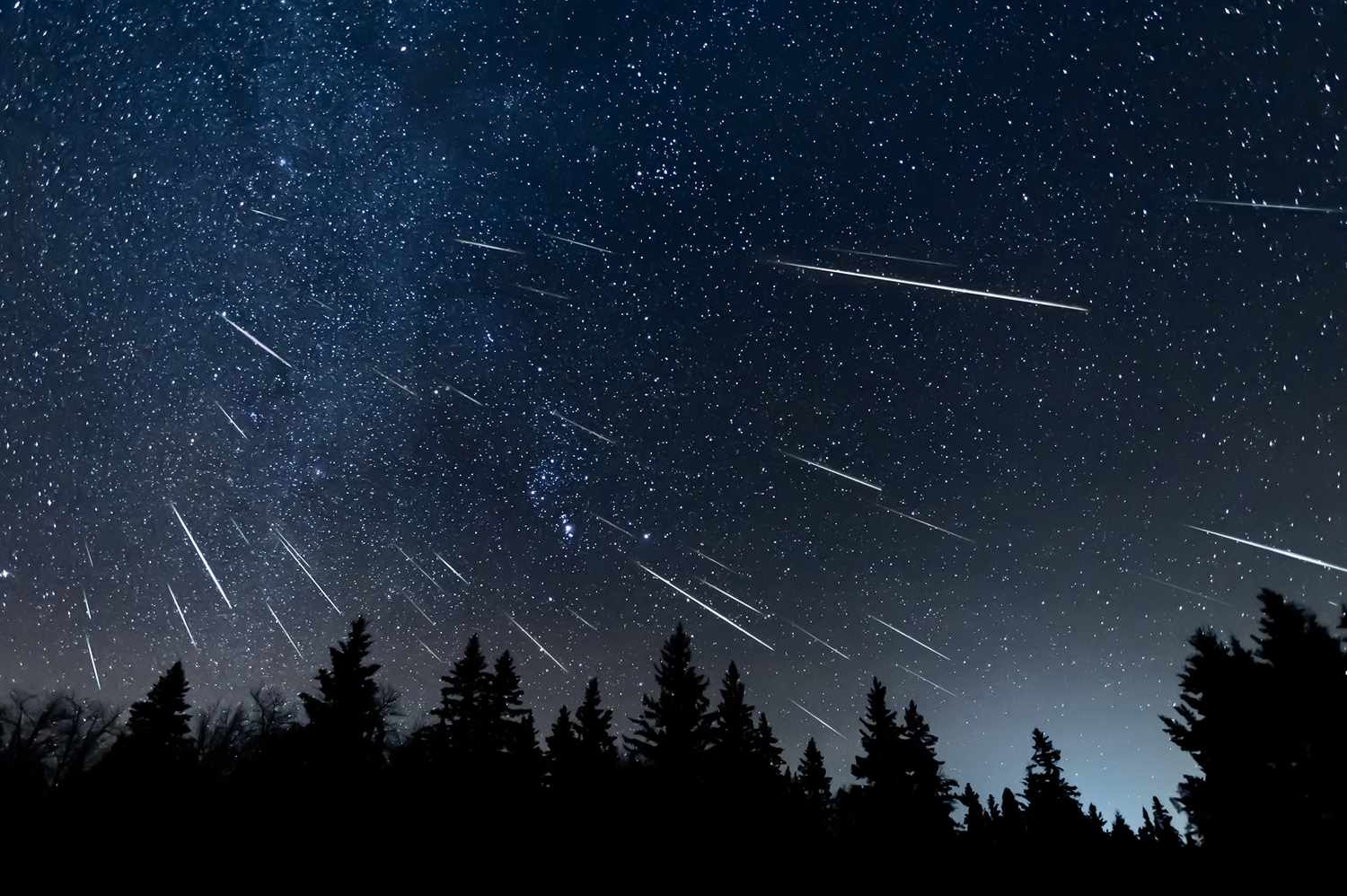Astronomers have found a monster galaxy causing trouble in the early Universe.
When the Universe was just 1.8 billion years old, galaxy XMM-2599 was already a colossal chonker. It was also already dead as a doornail.
Sometime between the Big Bang (13.8 billion years ago) and 12 billion years ago, it had ballooned out in a burst of star formation – and then completely stopped.
“Even before the Universe was 2 billion years old, XMM-2599 had already formed a mass of more than 300 billion suns, making it an ultramassive galaxy,” said physicist and astronomer Benjamin Forrest of the University of California, Riverside.
“More remarkably, we show that XMM-2599 formed most of its stars in a huge frenzy when the Universe was less than 1 billion years old, and then became inactive by the time the Universe was only 1.8 billion years old.”
For a long time, astronomers thought giant galaxies couldn’t form in the early Universe. As our technology advanced, and we grew better at peering into those far reaches of space-time, those assumptions have been challenged.
It turns out the early Universe was swimming with massive things that, according to our cosmological models, shouldn’t have had time to grow. Numerical models can now account for massive galaxies like XMM-2599.
But something that got so large so quickly and then just stopped growing all of a sudden? That’s a whole ‘nother kettle of weird.
XMM-2599 is not the first. A few years ago, astronomers found a massive galaxy called ZF-COSMOS-20115 that had burst into life, then stopped suddenly by the time the Universe was 1.7 billion years old. ZF-COSMOS-20115, however, was ‘only’ 170 billion solar masses – just over half the mass of XMM-2599.
“In this epoch, very few galaxies have stopped forming stars, and none are as massive as XMM-2599,” said physicist and astronomer Gillian Wilson of UC Riverside.
“The mere existence of ultramassive galaxies like XMM-2599 proves quite a challenge to numerical models. Even though such massive galaxies are incredibly rare at this epoch, the models do predict them. The predicted galaxies, however, are expected to be actively forming stars.
“What makes XMM-2599 so interesting, unusual, and surprising is that it is no longer forming stars, perhaps because it stopped getting fuel or its black hole began to turn on. Our results call for changes in how models turn off star formation in early galaxies.”
Based on spectroscopic observations taken of the galaxy, the research team were able to piece together XMM-2599’s star formation history. In order to get so huge, it would’ve had to have been forming stars at a rate of 1,000 solar masses every year for around 500 million years, at the peak of its starburst activity.
The Milky Way’s star formation rate, for context, is currently around three or four solar masses per year.
Although high, XMM-2599’s peak star formation rate is not unique for its time period. In 2008, a galaxy called EQ J100054+023435 was caught churning out stars at a rate of over 1,000 solar masses per year, 12.2 billion years ago. It, however, like ZF-COSMOS-20115, was much less massive than XMM-2599, at just 10 billion solar masses. And it wasn’t dead.
In the past few years, simulation software has improved a great deal, and can account for extreme star formation in the early Universe. But it can’t yet produce conditions that result in dead massive galaxies – what we see in ZF-COSMOS-20115 and XMM-2599.
So, there’s plenty of question marks over XMM-2599. Did it form from a bunch of other galaxies? What turned it off?
And what did it evolve into in the 12 billion years since its light started its long journey across the Universe? Did it stay dead? Did it flare back to life, like the Milky Way? Or did something else happen?
“We have caught XMM-2599 in its inactive phase,” Wilson said.
“We do not know what it will turn into by the present day. We know it cannot lose mass. An interesting question is what happens around it. As time goes by, could it gravitationally attract nearby star-forming galaxies and become a bright city of galaxies?”
Space, man. It’s freaking nuts.
The research has been published in The Astrophysical Journal Letters.








 Photographer Finds Locations Of 1960s Postcards To See How They Look Today, And The Difference Is Unbelievable
Photographer Finds Locations Of 1960s Postcards To See How They Look Today, And The Difference Is Unbelievable  Hij zet 3 IKEA kastjes tegen elkaar aan en maakt dit voor zijn vrouw…Wat een gaaf resultaat!!
Hij zet 3 IKEA kastjes tegen elkaar aan en maakt dit voor zijn vrouw…Wat een gaaf resultaat!!  Scientists Discover 512-Year-Old Shark, Which Would Be The Oldest Living Vertebrate On The Planet
Scientists Discover 512-Year-Old Shark, Which Would Be The Oldest Living Vertebrate On The Planet  Hus til salg er kun 22 kvadratmeter – men vent til du ser det indvendigt
Hus til salg er kun 22 kvadratmeter – men vent til du ser det indvendigt  Superknepet – så blir snuskiga ugnsformen som ny igen!
Superknepet – så blir snuskiga ugnsformen som ny igen!  Meteorite That Recently Fell in Somalia Turns Out to Contain Two Minerals Never Before Seen on Earth
Meteorite That Recently Fell in Somalia Turns Out to Contain Two Minerals Never Before Seen on Earth  Nearly Frozen Waves Captured On Camera By Nantucket Photographer
Nearly Frozen Waves Captured On Camera By Nantucket Photographer  It’s Official: Astronomers Have Discovered another Earth
It’s Official: Astronomers Have Discovered another Earth 